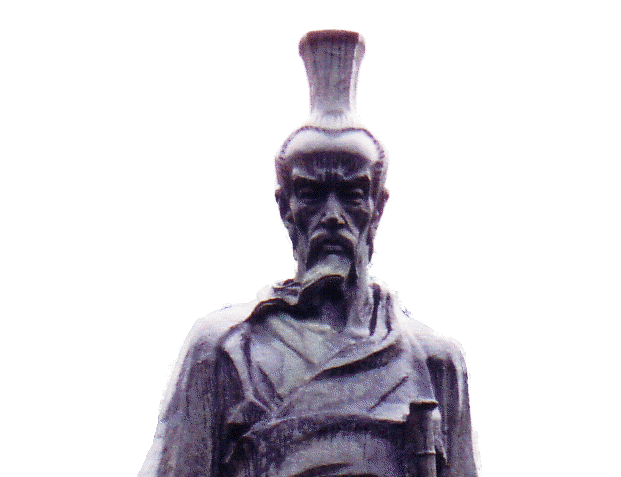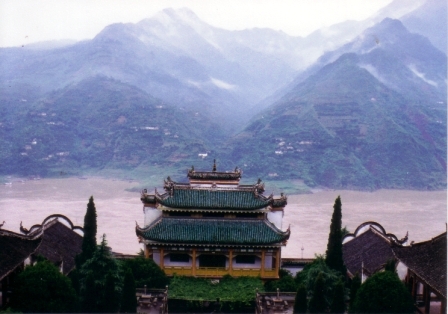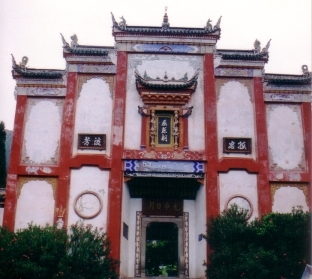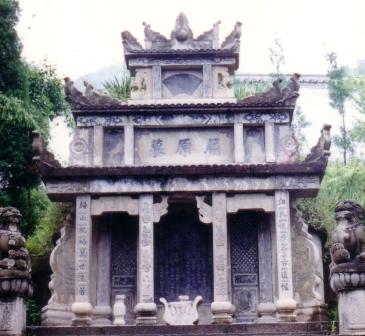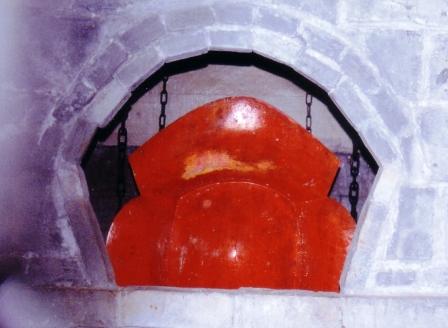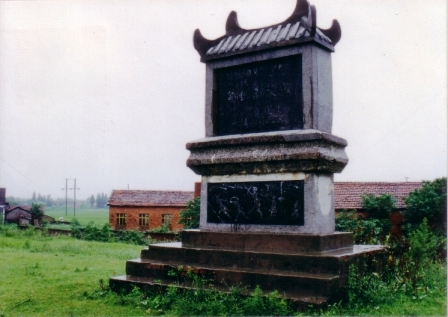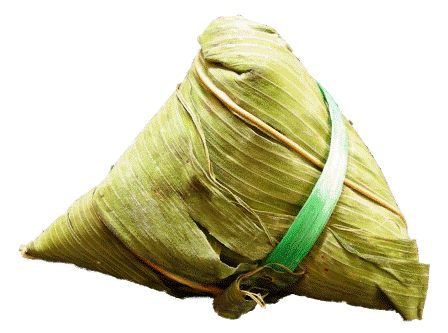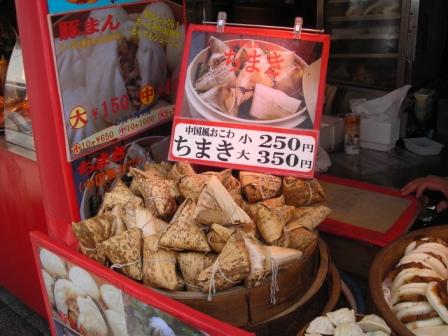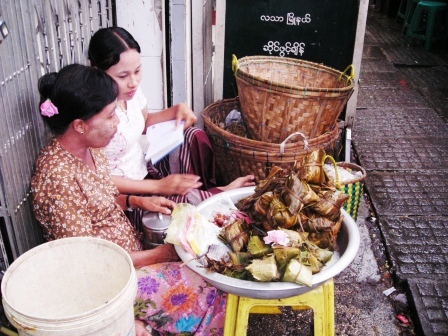
| Home | Chinatowns of the world | Festivals | Culture | Food Culture | History | Countries |
| Chinese Religion | Tours | Sitemap | Documentaries | About | Contact |
Qu Yuan 屈原
He lived during a period known as the era of the Warring States, 战国时代 in Chinese history. The era of the Warring States was a transitional period between the Zhou Dynasty 周朝 and the Qin Dynasty 秦朝. Towards the end of Zhou Dynasty, the nobilities became stronger and began building their state mechanism and developing their military capabilities. Areas outside of Zhou domain also developed their state infrastructures and became emerging powers. As a result, the Zhou King became a nominal figurehead and eventually abolished. The various regional powers expanded by conquering smaller and weaker state until 7 major principalities emerge to compete for the ultimate control of China. The 7 states were Qi (齐), Chu (楚), Yan (燕), Han (韩), Zhao (赵), Wei (魏) and Qin (秦). The rulers of the 7 states were often known as Dukes 公 or Marquis 侯 but eventually declared themselves as Kings 王. The rise of QinThe State of Qin through a series of reforms emerged as the most powerful of the 7 states and began exerting their power on neighboring states. The 6 state’s response alternated between alliance against Qin, 合纵 and allegiance to Qin, 连横. The alliance strategy was unsuccessful because of mutual suspicion among the 6 states and the state of Qin was able to expand by attacking neighboring states while maintaining friendly ties with distant states, 进攻远和. Qu Yuan - Victim of court politicsQu Yuan who served in the Chu court advocated allegiance to resist the Qin expansion. The state of Chu was a major power but weaken because of political infighting and corruption. Qu Yuan himself became the victim of court politics, expelled from the Chu court, and lived in exile. While in exile, he composed collections of poetry expressing patriotism for the state of Chu. In 278 BCE, the state of Qin attacked Chu and managed to sack the Chu capital Ying 郢, forcing the state of Chu to shift their capital. When Qu Yuan heard about the fall of Chu capital, he was devastated and committed suicide by drowning himself in the Milo River 汨罗江. The State of Chu managed to survived for another 25 years until 223 BCE when it was finally conquered by the state of Qin. By 221 BCE, the state of Qin managed to conquer the remaining states Yan and Qi to establish the Qin Dynasty 秦朝. The King of Qin proclaimed himself the First Emperor of China, 秦始皇. The Qin dynasty lasted for only 15 years and was one of the shortest dynasties in the history of China. Despite its short rule, it produced the political model of central rule for subsequent dynasties and laid the foundation for the emergence of a homogenous Chinese culture. These developments created a wider and broader collective identity that encompassed previous regional notions of identity. In the process, the legacy of Qu Yuan was transformed from loyalty to a regional kingdom into a symbol of patriotism for the Chinese ethnic group in its earliest sense. Remembering Qu YuanThe subsequent dynasties built a memorial and a tomb for Qu Yuan in Zigui County, his hometown. Unfortunately, these structures were submerged during the construction of the three gorges dam. A new memorial hall to Qu Yuan is located on the Phoenix Hill. Qu Yuan's legacy is commemorated through the consumption of Dumplings 粽子 or Zong Zi and Dragon Boat race 龙舟 every year on the day he committed suicide; the 5th day of the 5th lunar month.
Related articles:
|
|
| Join us on | Youtube | |||
| Copyright © 2007-24 Chinatownology, All Rights Reserved. | ||||
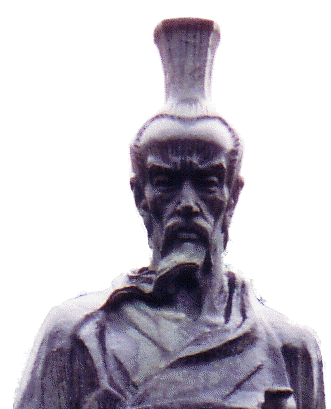 Qu Yuan 屈原was born to a Chu nobility family in Zigui, 秭归,around 340 BCE and served in the court of the state of Chu.
Qu Yuan 屈原was born to a Chu nobility family in Zigui, 秭归,around 340 BCE and served in the court of the state of Chu. 